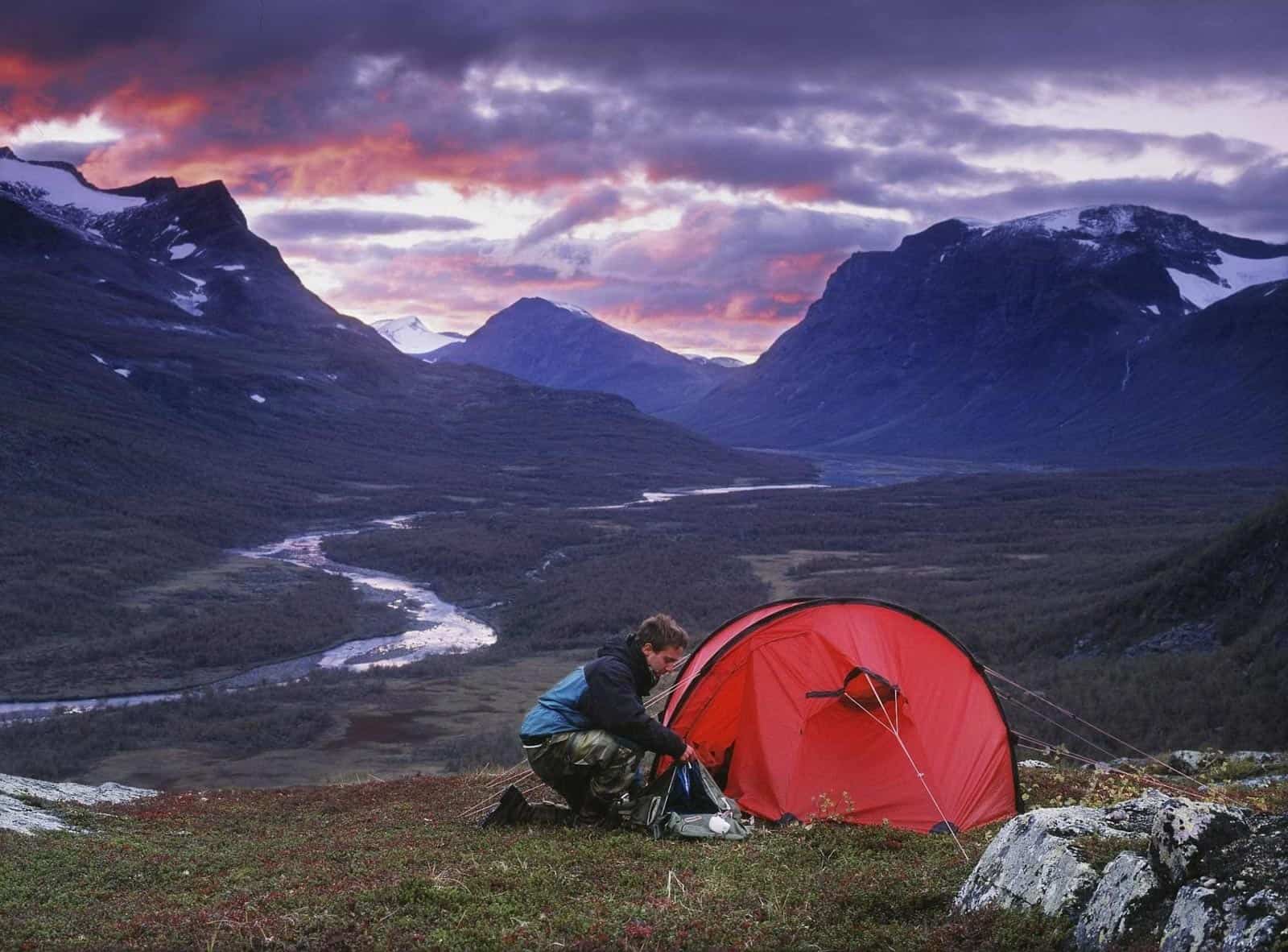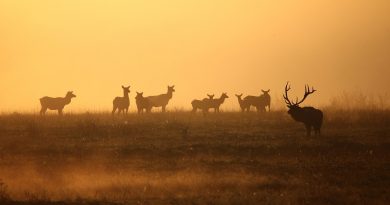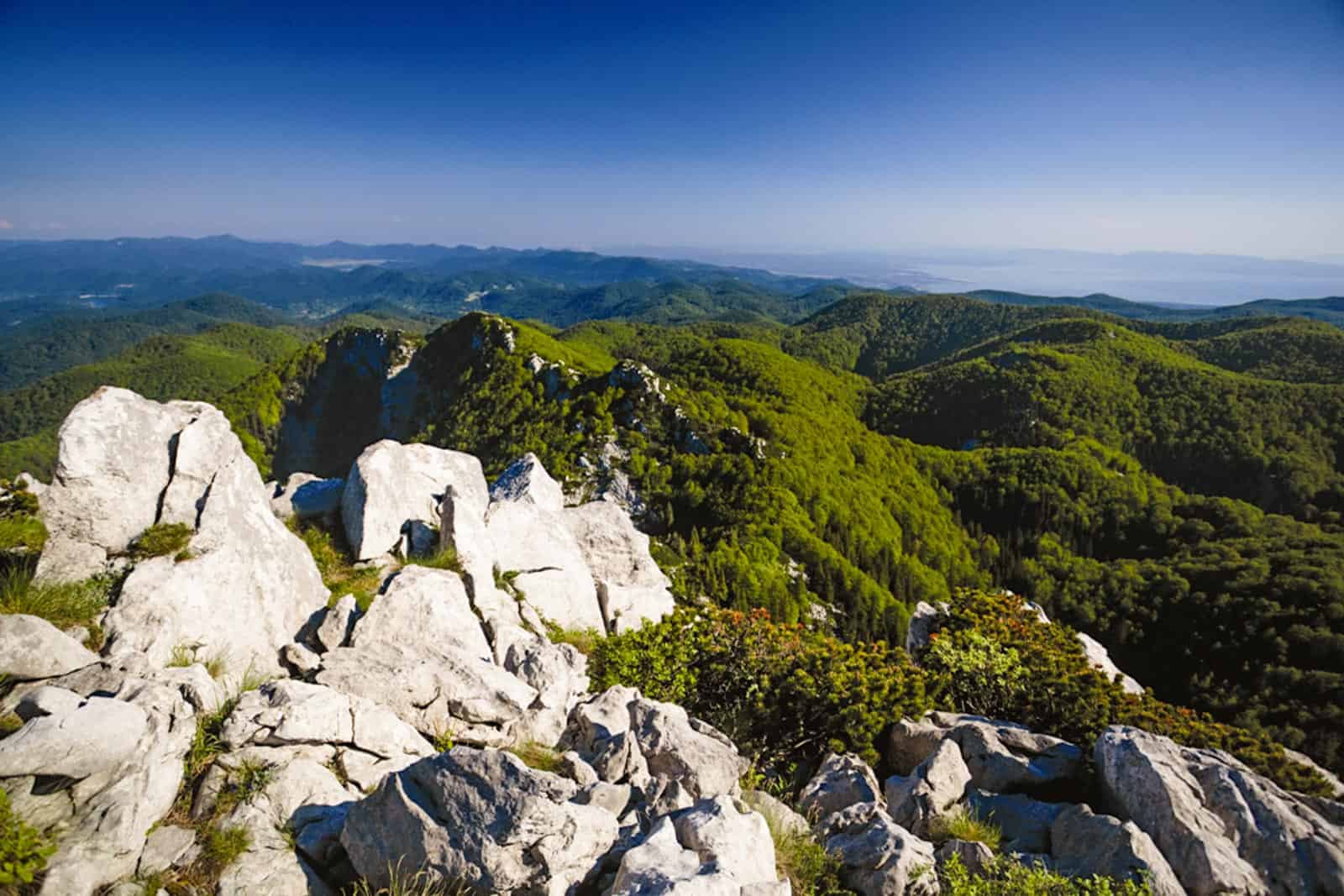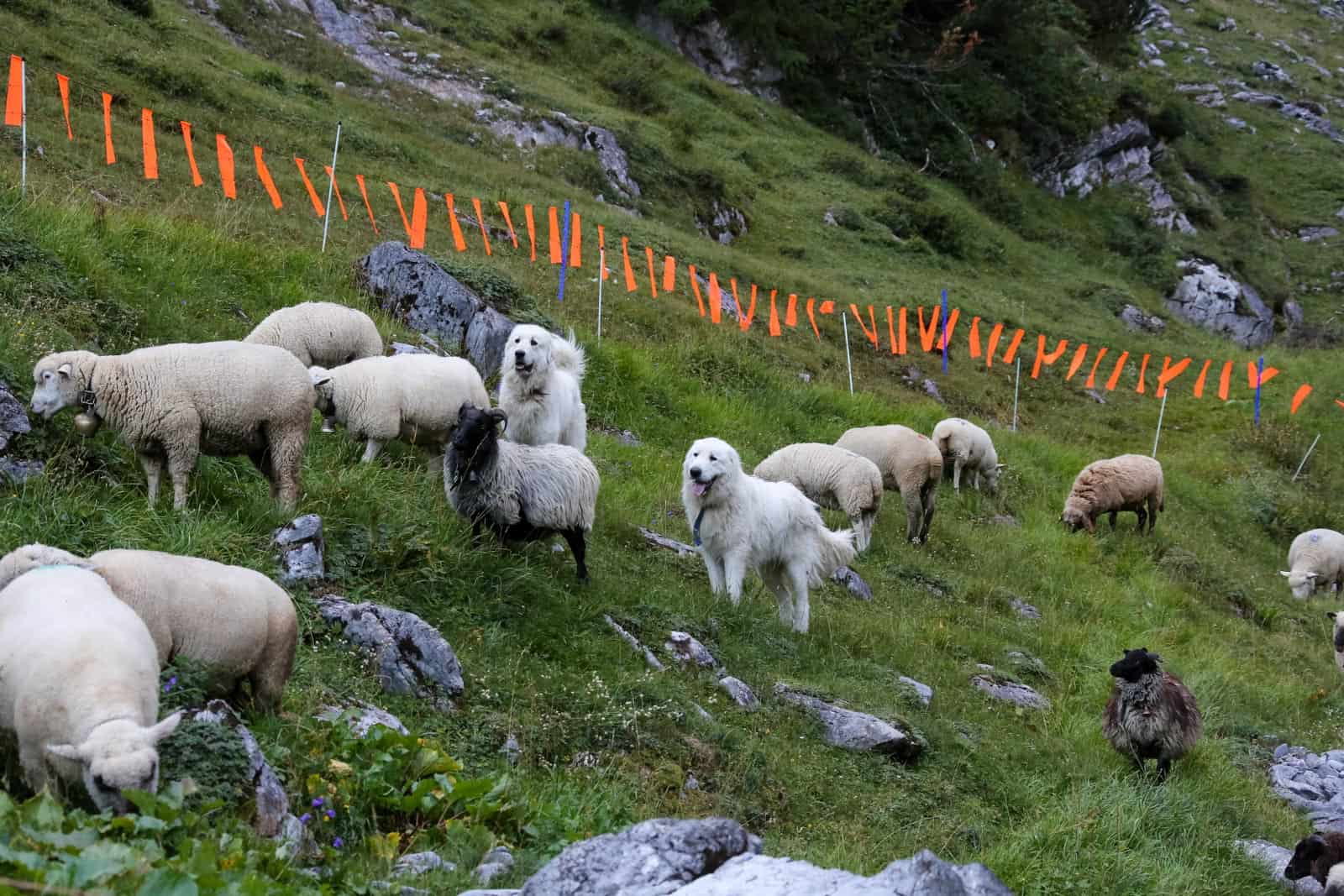Wilderness is therapy
Head to the woods, to the mountains. No car. Go camping. Cook on fire. Take a dip in the lakes. Throw stones into the creek. Eat wild berries. For people overwhelmed by civilization, experiencing nature in such a way can open a new horizon, and can have many therapeutic elements.
Please also read: How to avoid being lost in Wilderness?
The relationship between nature and mental health has been studied extensively by science. Environmental psychology or ecopsychology is the technique of finding therapeutic treatments for people by bringing them closer to nature. It focuses on strengthening the emotional connection of people to nature. Study findings are quite clear: people should spend at least two hours a week, if not more outside in the open air, surrounded by the most natural landscape possible for their well-being. On average however, many people, especially city-dwellers only spend about an hour a week outside. One hour per week, which is less than ten minutes per day and seven times less than our bodies and minds would need and deserve. According to the study, people exposed to nature for at least 120 minutes a week reported better well-being and health. So how can we as a society return to Wilderness and thus to ourselves?
Let’s get Wild
Wilderness therapy is an outdoor-based behavioural therapy method, mostly focusing on young people with a difficult background. As a start, you pack your backpack with a sleeping bag, sleeping mat, kettle and other camping gear. Then, with a group of people, you head out to the countryside. In the evenings you will camp, cook on fire, learn how to create a shelter under the stars, all while respecting nature. You will spend your evenings talking, cooking and eating in good company, after which you crawl into your sleeping bag. In the morning you wake up under blue sky, the green of the forest and birds chirping starting from dawn.
For many people and participants in Wilderness therapy, days spent like this opens a new door to reaching inner harmony. Many young participants have prior experience with drugs, alcohol, running away from home and not finishing school. On their journey back to themselves, Wilderness therapy represents a big milestone. “It is unbelievable, but one hundred percent of our clients will find a job or go back to school within a year of staring Wilderness therapy” says Jo Roberts, CEO of the Wilderness Foundation UK, who has been involved in Wilderness therapy for a long time. However, Wilderness therapy also comes in place not just for young people. It often brings a sustainable long-term solution where antidepressants fail for people working in high-pressure environments.
Explore the nature on your doorstep
Finding a spot in nature only for yourself is not so difficult. Do not drive to the most crowded tourist locations. Just take a map, hop on the train or bus and pick a small stop with tourist trails, close to you. You don’t need much for a day-trip: good and weather-resistant hiking gear, enough water and bread. We are so mistakenly looking for happiness in luxury holiday destinations. However, wild nature on our doorstep can have an equally beneficial effect on our body and mind.
European nature still offers the freedom that comes from lying in the grass, feeling dirt between your toes, listening to the sounds of birds, and sleeping all day undisturbed, surrounded by forest. Walk as much as you can. Regardless of studies, one does not have to be a psychologist to realize that the more time one spends outside, the more one´s mind will switch to a completely different regime. Daily movement activates a person’s body, energy begins to flow and the mind is satisfied.
One final paragraph of advice: do not burn yourselves out. Be as I am – a reluctant enthusiast….a part-time crusader, a half-hearted fanatic. Save the other half of yourselves and your lives for pleasure and adventure. It is not enough to fight for the land; it is even more important to enjoy it. While you can. While it’s still here. So get out there and hunt and fish and mess around with your friends, ramble out yonder and explore the forests, climb the mountains, bag the peaks, run the rivers, breathe deep of that yet sweet and lucid air, sit quietly for a while and contemplate the precious stillness, the lovely, mysterious, and awesome space. Enjoy yourselves, keep your brain in your head and your head firmly attached to the body, the body active and alive.

Wilderness treatment for the future
Wilderness therapy is still a young field. It does not focus on true Wilderness areas, but rather takes people into wild natural destinations. However young it may be, it works with old materials and practices: soil, trees, water, stones, walking and self-sufficiency. Initiatives are emerging in several European countries already, which offer sustainable nature tourism and promotion of natural locations, where it is possible to go for a few days and if you prefer, not even meet another living soul. According to several scientific reports, it is the excess of the artificial environment, the asphalted landscapes, that make us unhappy. Meanwhile Wilderness and wild nature brings healing. It is thus necessary for us and the next generation to have a place to go for treatment now and in the future. Or even more relevant, rather for prevention than for treatment. We at the European Wilderness Society believe in reaching such a harmony through introducing Wilderness to people in Europe and increase the public support for preserving the last places of wild, undisturbed nature.










